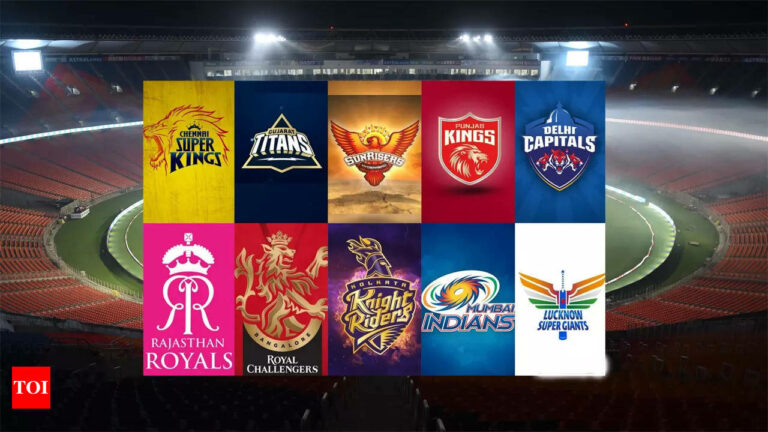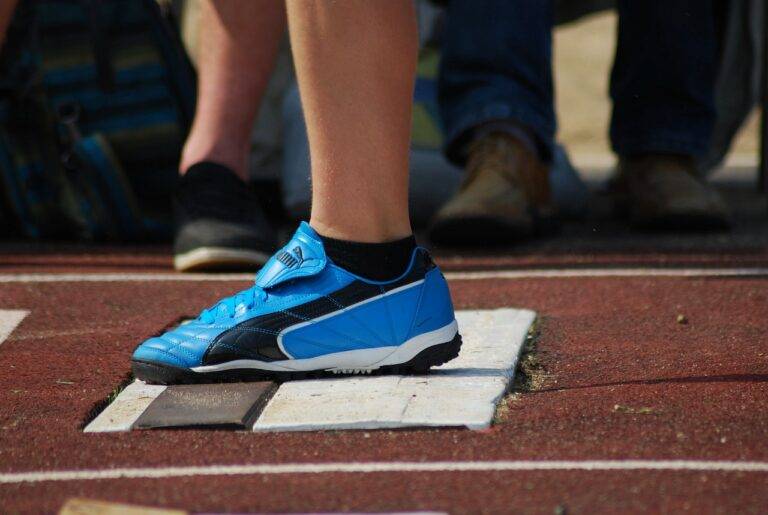Sports Nutrition in IPL: Fueling Performance and Recovery
Reddy Anna Book, Reddy Book Club: Nutrition plays a crucial role in the performance and overall health of athletes. The food and beverages consumed by athletes provide the necessary fuel to support their physical activity levels and meet the demands of training and competition. Good nutrition also aids in recovery, muscle repair, and the prevention of injuries.
A well-balanced diet ensures that athletes receive essential nutrients such as carbohydrates, proteins, fats, vitamins, and minerals. These nutrients support energy production, muscle growth, immune function, and overall well-being. By paying attention to their dietary choices and meeting their individual nutritional needs, athletes can optimize their performance and achieve their athletic goals.
Understanding Macronutrients and Micronutrients
Macronutrients are essential components of an athlete’s diet, providing the necessary energy for performance and recovery. Carbohydrates, fats, and proteins are the three main types of macronutrients that athletes should focus on to fuel their body efficiently. Carbohydrates are the primary source of energy, especially during high-intensity workouts, while fats help in storing energy for longer endurance activities. Proteins play a crucial role in muscle repair and growth, making them essential after intense training sessions.
On the other hand, micronutrients are equally vital for athletes as they are needed in smaller quantities but are essential for various physiological functions. Vitamins and minerals fall under the category of micronutrients and play key roles in energy production, immune function, and muscle contractions. Athletes need to pay attention to the micronutrient content of their diet to ensure optimal performance and overall health. Proper balance of macronutrients and micronutrients is crucial for athletes to maintain a strong and healthy body for peak performance.
Hydration Strategies for Optimal Performance
Staying properly hydrated is essential for athletes to perform at their best. Dehydration can lead to decreased athletic performance, fatigue, muscle cramps, and impaired cognitive function. It is crucial for athletes to maintain fluid balance before, during, and after exercise to ensure optimal physical and mental function.
Athletes should aim to drink fluids regularly throughout the day, rather than just in response to thirst. It is recommended to consume around 17-20 fl oz of water 2-3 hours before exercise, and continue to hydrate with 7-10 fl oz every 10-20 minutes during activity. After exercise, it is important to replenish fluid losses and electrolytes by consuming beverages containing sodium and potassium, such as sports drinks or coconut water. Proper hydration is a key component of athletic performance and overall health for athletes.







